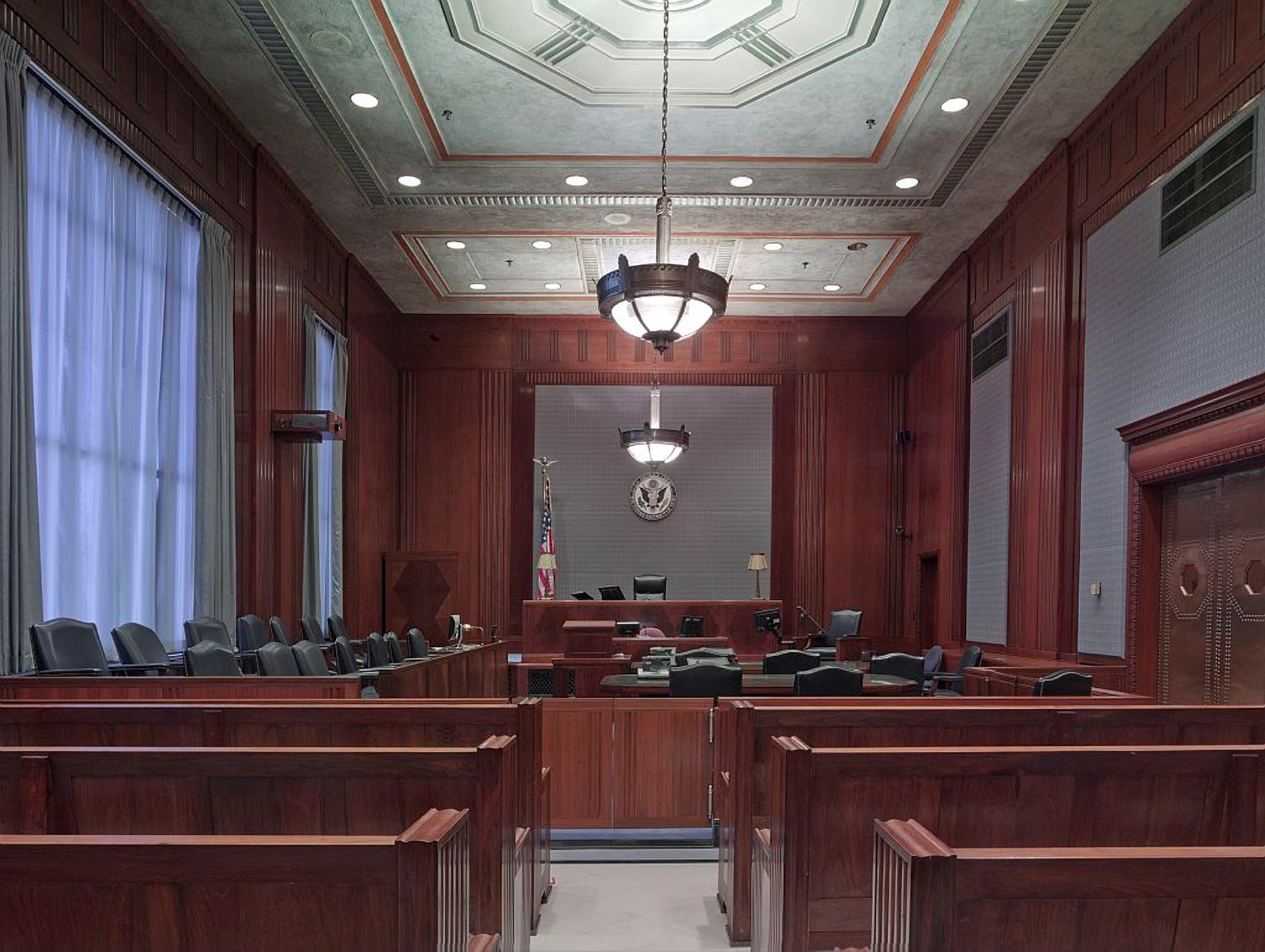
Although the defendant specifically invoked his constitutional and statutory right to to be “personally present” at his sentencing hearing, the California Court of Appeal in People v. Whitmore (D4d3 no. G059779) 2022 WL 1284371 ___ Cal.Rptr.3d ___, held that limiting a defendant to a virtual appearance, while legally improper, creates no harm. The court affirmed the 10-year sentence.
To the prosecution’s credit, it conceded it was error not to hold an in-person hearing. The state constitution provides that a “defendant in a criminal cause has the right ... to be personally present (Cal. Const., art. I, § 15), and this right is also guaranteed by statute. (Pen. Code,2 § 977, subd. (b)(1) [defendant in felony cases “shall be personally present ... at the time of the imposition of sentence” and “at all other proceedings” unless that right is properly waived in writing].)
But error is only the first step to reversal. The appellant also has to establish the error affected the result. And the court found no difference between an in-person and a remote hearing: “There is no indication in this record that Whitmore's physical presence in the courtroom would have benefited his case in any way or otherwise altered the outcome, nor does the record reflect any difficulties or irregularities attributable to Whitmore's remote appearance.”
Comment: Consider the dignity our courtrooms were designed to arouse: the impressive wood-paneling and high ceilings, the bailiff’s announcing “all rise” when the judge walks in, the other catechisms of justice all present in the courtroom. And yet in the space of a few months, we are to be persuaded that this was all no different than holding court in our bedrooms, with trousers optional?
The Upshot: If you want to preserve your right to an in-person appearance — whether that be at trial, at a hearing, or at a deposition — make a record why the difference matters. Here are some ideas: